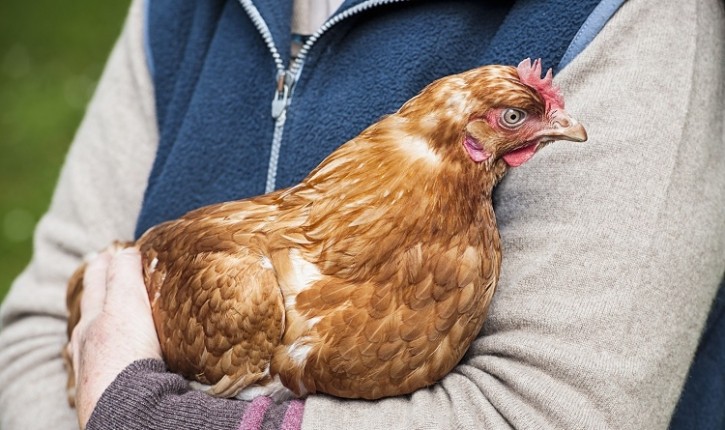News
Brits demand animal wellness compliance for food firms

A recent study conducted by NSF found British consumers were highly conscious of animal wellness in food production (68%), with a significant number putting importance on companies demonstrating transparency and compliance in animal wellness throughout their global supply chains (72%).
Almost three quarters of respondents (73%) declared they were more likely to purchase a product that has been certified for animal wellness by a third party, while just 13% said they’d be unwilling to pay a higher price for certified products.
NSF animal wellness programme lead Dr Elaine Vanier urged food businesses to be aware of the growing interest in animal wellness, which has become a defining feature of ethical consumerism that is increasingly impacting purchasing decisions.
Doing the right thing
“Animal wellness is about doing the right thing for the animal and refers to the quality of life experienced by animals in the food supply chain,” said Vanier. “Including physical and psychological health, living conditions, and how animals are handled and treated.
“It substantially impacts sustainability, product food safety, and the responsible use of antibiotics and medication. Our research reiterates the weight consumers place on this matter. We are increasingly called upon to support brands committed to putting these values into practice across their entire protein supply chain.”
Despite the growing demand for certified products, only 3 in 10 said they were very or extremely informed of UK animal wellness standards. The common misinterpretation of animal welfare labels highlighted a critical need for consumer education.
“Our findings highlight a disconnect between consumer perceptions and the real standards behind labels,” Vanier added. “Clear, certified labelling is vital to bridge this gap, granting consumers the assurance they seek when making ethical food choices.”
‘Critical juncture’
NSF claimed that investing in animal wellness was no longer a moral obligation or marketing trend, but a strategic imperative signalling the arrival of a ‘critical juncture’ for the industry to align with ‘progressive ethical practices’.
“It’s clear that a significant majority of British consumers understand that animal wellness comes at a price. This speaks volumes about the UK’s consumer conscience and their readiness to invest in ethical and sustainable choices,” said NSF director of supply chain food safety Dale Newitt.
“British consumers are sending a powerful message across borders: 84% expect international brands to not just meet but uphold animal wellness standards. This is a clarion call for global players to align with UK standards of animal care or risk losing relevance in this key market.”
Meanwhile, how is ethics and Net Zero related? Food Manufacture hears from Food Ethics Council’s Dan Crossley to find out following his participation in the recent FoodEx panel, 'The Race to Net Zero'.
















